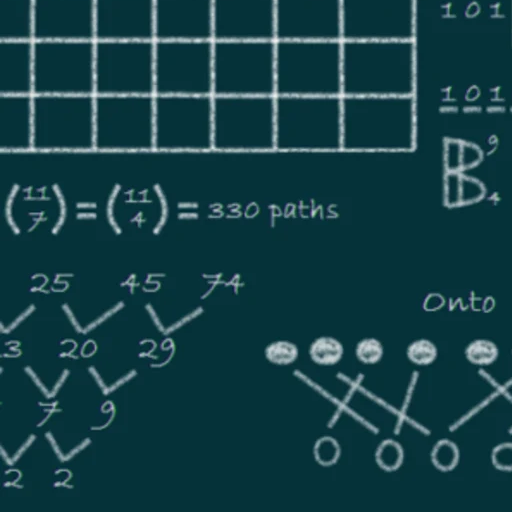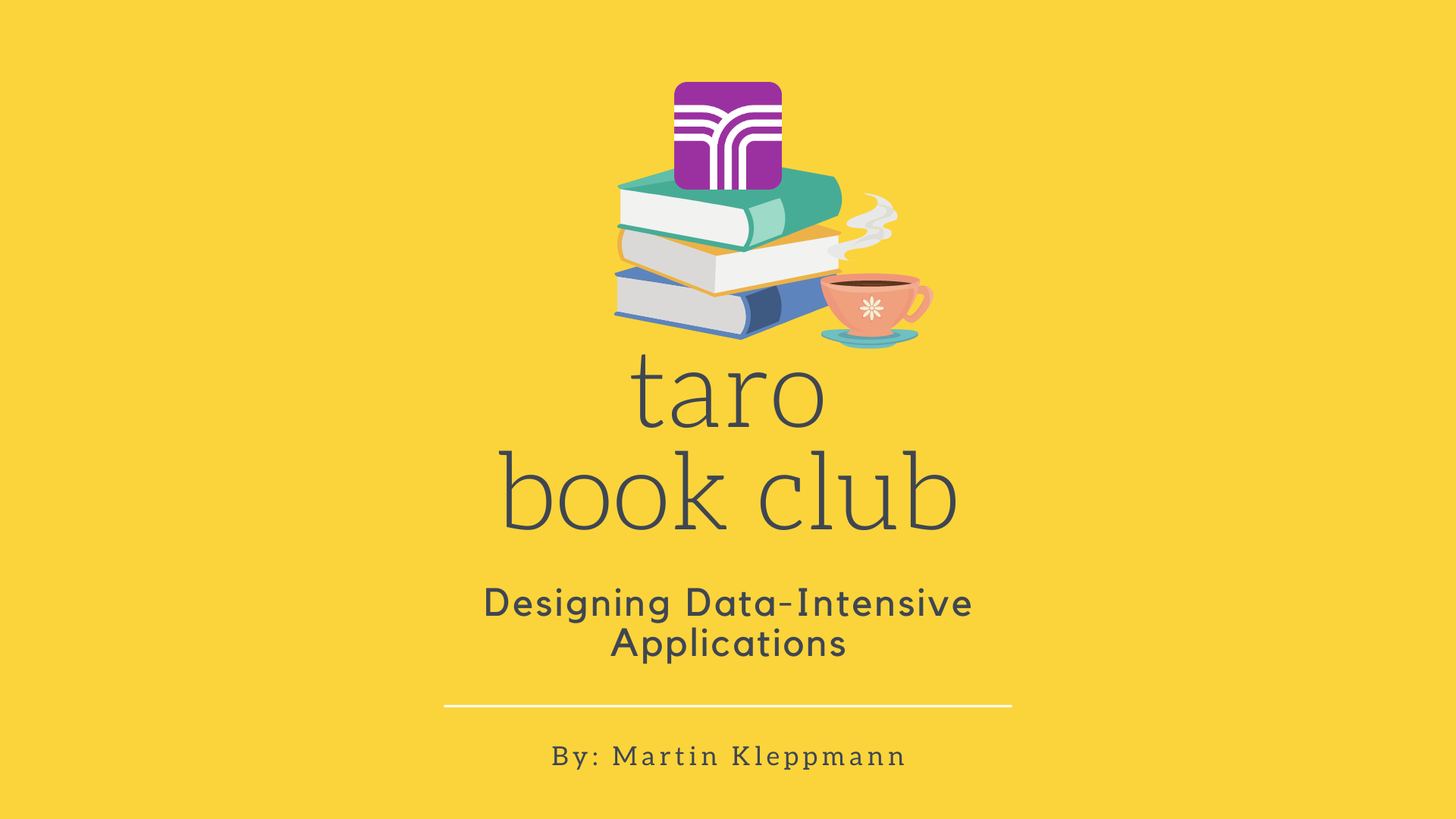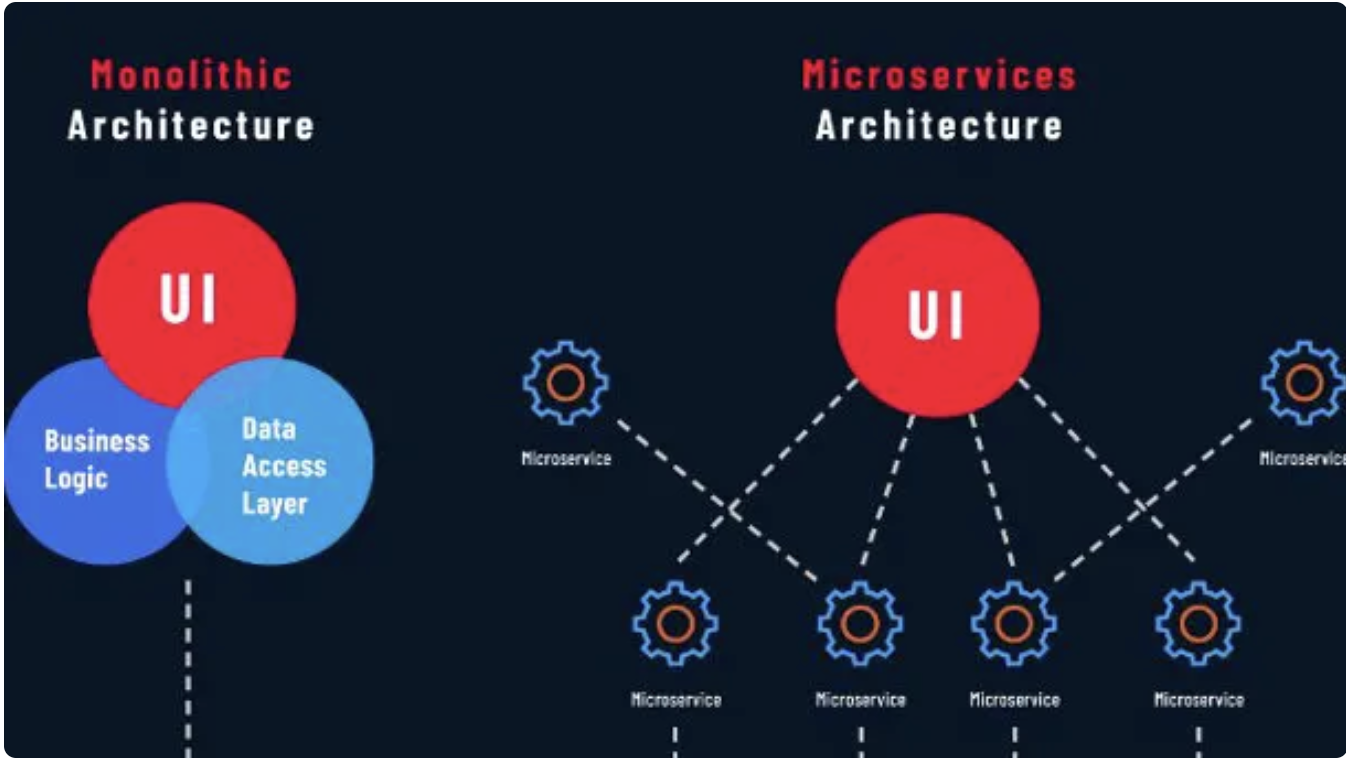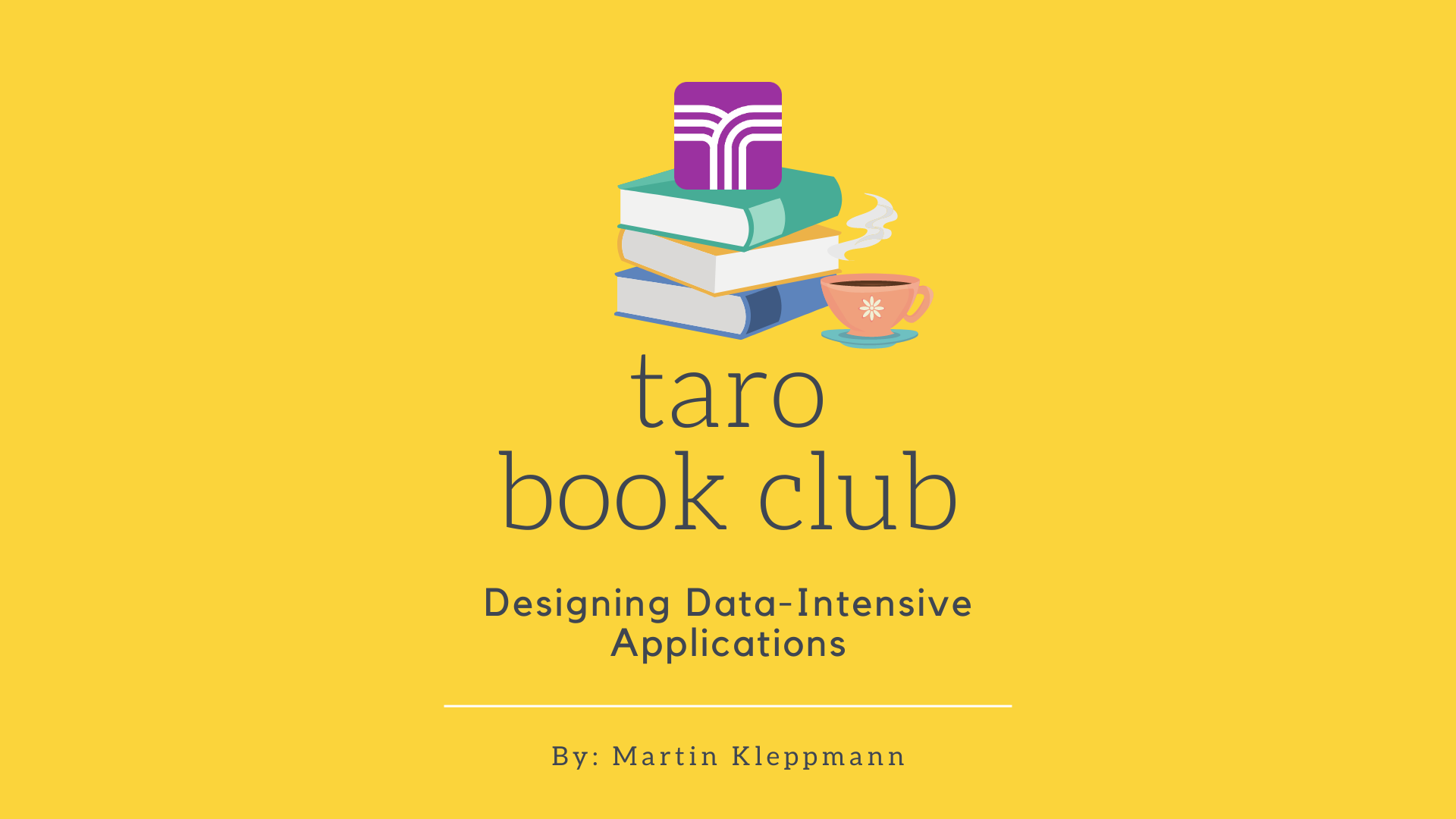
Data Structures And Algorithms Q&A and Videos
About Data Structures And Algorithms
The computer science concept we all love to hate. However, it is vital to master them to pass tech interviews, especially those at Big Tech.
Learn About Data Structures And Algorithms
Data structures and algorithms (DSA) are fundamental concepts in computer science and software engineering. These concepts are essential for solving complex problems and are often used in technical interviews at big tech companies like Google, Meta, and Amazon.
Data structures are a way of organizing and storing data so that operations can be performed efficiently. Common data structures include arrays, linked lists, stacks, queues, trees, and graphs. Understanding data structures is crucial for designing efficient algorithms and optimizing the use of memory and compute.
Algorithms are procedures or formulas for solving problems or performing tasks. Algorithms are used to manipulate data stored in data structures, and they are essential for tasks like searching, sorting, and graph traversal. The efficiency of algorithms is measured in terms of time and space complexity, which determines how quickly an algorithm runs and how much memory it uses.
Data structures and algorithms are closely related because the choice of data structure can significantly impact the performance of an algorithm. Choosing an appropriate data structure is crucial for optimizing the efficiency of an algorithm. It’s also true that choosing the right algorithm can maximize the data structure that gets used.
Doing well in data structures and algorithms problems means you have developed the critical thinking skills required to solve technical challenges as a software engineer. As a software engineer, you encounter many challenges, and the ability to choose and implement the right data structure and algorithm is fundamental to coming up with efficient and scalable solutions.
Many companies assess their candidates based on their ability to solve algorithmic based problems during an interview. Learning how to solve these problems effectively can be the difference between getting hired and not getting hired. Make sure you work on coding exercises that let you apply your data structures and algorithms knowledge before you go into your technical interview, so you can be prepared to answer any technical question during your interview.
In summary, data structures and algorithms form the backbone of computer science and software engineering, enabling engineers to develop efficient solutions to complex problems, and they play a critical role in technical interviews for top companies.
Show more
Copyright © Taro



![Ace Your Tech Interview As A Software Engineer [Part 38] - Go Deeper, Follow Through](/_next/image/?url=https%3A%2F%2Ffirebasestorage.googleapis.com%2Fv0%2Fb%2Ftech-career-growth.appspot.com%2Fo%2Fthumbnails%252F1709947490-Screenshot%25202024-03-08%2520at%25205.24.38%25E2%2580%25AFPM.png%3Falt%3Dmedia%26token%3D81dd3e51-5028-4191-8f6c-e404c0ecf40b&w=1920&q=75)
![Ace Your Tech Interview As A Software Engineer [Part 33] - Understanding Big Tech Interviews](/_next/image/?url=https%3A%2F%2Ffirebasestorage.googleapis.com%2Fv0%2Fb%2Ftech-career-growth.appspot.com%2Fo%2Fthumbnails%252F1709945786-Screenshot%25202024-03-08%2520at%25204.56.15%25E2%2580%25AFPM.png%3Falt%3Dmedia%26token%3D7fa8ed87-fe39-424d-bb1d-ad2a896d0474&w=1920&q=75)
![Ace Your Tech Interview As A Software Engineer [Part 28] - How Much LeetCode Should I Grind?](/_next/image/?url=https%3A%2F%2Ffirebasestorage.googleapis.com%2Fv0%2Fb%2Ftech-career-growth.appspot.com%2Fo%2Fthumbnails%252F1709944785-Screenshot%25202024-03-08%2520at%25204.39.23%25E2%2580%25AFPM.png%3Falt%3Dmedia%26token%3Dfa49b9d6-3257-48dc-8c3e-5d080645d6d9&w=1920&q=75)
![Ace Your Tech Interview As A Software Engineer [Part 23] - Data Structures And Algorithms (DSA)](/_next/image/?url=https%3A%2F%2Ffirebasestorage.googleapis.com%2Fv0%2Fb%2Ftech-career-growth.appspot.com%2Fo%2Fthumbnails%252F1709942162-Screenshot%25202024-03-08%2520at%25203.55.54%25E2%2580%25AFPM.png%3Falt%3Dmedia%26token%3D2911aba8-565f-4700-a68d-304164ffb892&w=1920&q=75)
![Ace Your Tech Interview As A Software Engineer [Part 2] - Organizing Your Job Search](/_next/image/?url=https%3A%2F%2Ffirebasestorage.googleapis.com%2Fv0%2Fb%2Ftech-career-growth.appspot.com%2Fo%2Fthumbnails%252F1709934245-Screenshot%25202024-03-08%2520at%25201.11.40%25E2%2580%25AFPM.png%3Falt%3Dmedia%26token%3D41ebfd1b-cacc-473e-94b7-7d5b0d451542&w=1920&q=75)
![Ace Your Tech Interview As A Software Engineer [Part 1] - How This Course Works](/_next/image/?url=https%3A%2F%2Ffirebasestorage.googleapis.com%2Fv0%2Fb%2Ftech-career-growth.appspot.com%2Fo%2Fthumbnails%252F1709848610-Screenshot%25202024-03-07%2520at%25201.54.36%25E2%2580%25AFPM.png%3Falt%3Dmedia%26token%3Deff0ba05-6ac9-4a2a-9680-5240c2f78765&w=1920&q=75)
![How To Land 18 FAANG+ Offers With Steven Zhang (Airtable, USDR, Tableau) [October 2023 Version]](/_next/image/?url=https%3A%2F%2Ffirebasestorage.googleapis.com%2Fv0%2Fb%2Ftech-career-growth.appspot.com%2Fo%2Fthumbnails%252FTaroPremiumSessions%252Fsteven_zhang_tps.png%3Falt%3Dmedia%26token%3De9619e5b-8c0b-4e5e-90a9-6cedb535db70&w=1920&q=75)
